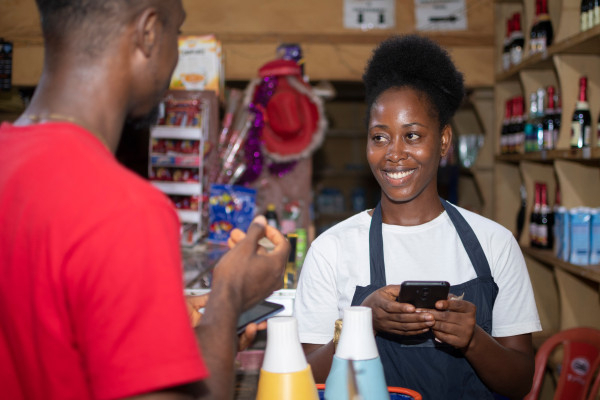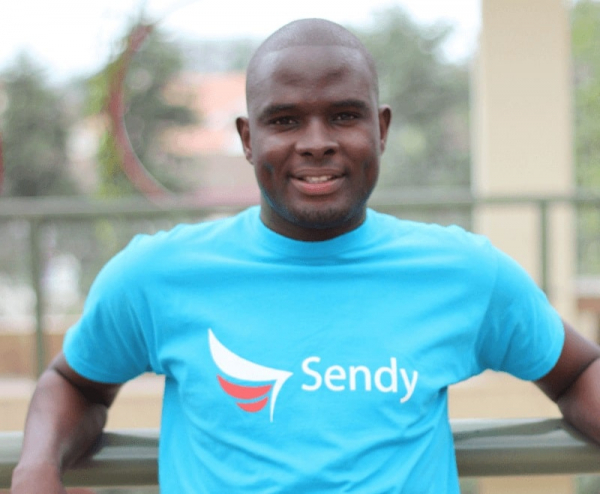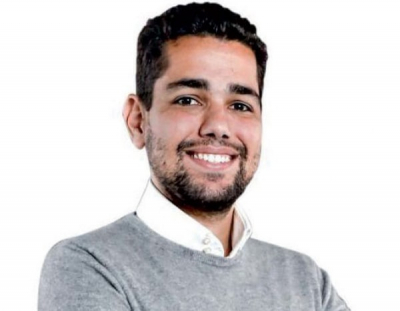
Economy (17)
In the past few months, the volume of investments has grown significantly in Africa. However, gender-sensitive issues are not keeping up with the trend. The new funding round aims to reduce the existing gap.
The Women Entrepreneurs Finance Initiative (We-Fi), announced Tuesday (April 26), its fourth round of financing amounting to US$54.8 million. Part of the fund (US$15 million) will go to the African Development Bank's (AfDB) African Digital Financial Inclusion Facility (ADFI) to boost women entrepreneurs’ access to digital technologies and finance in Cameroon, Egypt, Kenya, Mozambique, and Nigeria.
According to Bärbel Kofler, Parliamentary State Secretary of Germany’s Ministry for Economic Cooperation and Development, the fourth round comes at a “crucial time” marked by pressures on women entrepreneurship due to “conflict and insecurity, rising prices and the continuous fallout from the Covid pandemic around the world.”
“I am pleased to see our Implementing Partners preparing such strong proposals to support women-led businesses. Access to technology and financing will be key to unlock the potential of women entrepreneurs,” she said.
The funding round will benefit about 69,000 women entrepreneurs in developing countries, the African Development Bank (AfDB) explains. It will enable the African Digital Financial Inclusion Facility (ADFI) to develop and implement programs to improve access to digital technologies, reduce the US$42 million gender financing gap and improve beneficiaries’ operational efficiency for sound post-Covid recovery.
For Stefan Nalletamby -Director of the Financial Sector Development Department at the African Development Bank Group- the funding will complement the Affirmative Finance Action for Women in Africa Initiative (AFAWA) program.
It will also “be used [...] to broaden access to finance for women, small and medium businesses” and “provide an avenue for their increased economic empowerment and resilience,” he adds.
The We-Fi initiative is a partnership between 14 governments, eight multilateral development banks (with the AfDB as an implementing partner), and various public and private sector stakeholders. As far as the ADFI is concerned, it was launched in 2019 to “catalyze digital financial inclusion throughout Africa with the goal of ensuring that 332 million more Africans, 60% of them women, gain access to the formal economy by 2030.”
Ruben Tchounyabe
Meshack Alloys (Photo), founder of Sendy, a Kenyan e-logistics platform, wants to facilitate trade with new technologies. The startup he launched in 2015 is already operational in several African countries.
His passion for technology goes back to childhood. At 13, he started learning computer programming at the Laser Hill Academy and the Institute of Software Technology. He then studied at the University of Nairobi’s College of Architecture and Engineering (CAE) and went on to found his first start-up, Merlloyds Technologies, in 2008. After this start-up was bought by advertising agency Multimedia Mobile Ltd, he created another one in 2011: MTL Systems–a software company that focuses on logistics, transportation, and finance.
“Making my first million had to be my ‘aha moment’. I knew right there and then that I wanted to spend time in the tech space and not anywhere else. Not just because of the money, but also because of the significance and impact of what I was building,” Meshack Alloys said in an interview in 2021.
In 2015, realizing the fragmented state of the logistics market, Alloys left MTL Systems to co-found Sendy with colleagues Evanson Biwott, Don Okoth, and Malaika Judd. From that point on, his stated mission has been to provide a better user experience for clients in the logistics industry. To successfully achieve this goal, the entrepreneur created a last-mile delivery and logistics service platform. Dubbed Sendy networks, the platform connects clients to drivers, easing package delivery.
What started in 2015 as a small packages delivery platform (using motorcycles and tricycles) quickly expanded to add pickup and truck delivery services.
The platform, which claimed some 30,000 users by 2020, serves Kenya, Uganda, and Tanzania. Its clients include large corporations like Unilever, DHL, Toyota, Jumia, Safaricom, and CFAO. For the startup’s expansion, in 2020, Meshack Alloys and his co-founders successfully raised US$20 million in a Series-B investment round led by Atlantica Ventures.
The funds helped accelerate Sendy’s growth. In late 2021, Meshack Alloys announced Sendy’s participation in the Series A funding of Kamtar International, an e-logistics startup operating in Côte d'Ivoire and Senegal. In the short term, the entrepreneur's ambition is to gradually expand beyond the East African market by positioning Sendy in West Africa.
Aïsha Moyouzame
Launched only one year ago, this startup has already established a large network of more than 10,000 grocers, to whom it offers discounts on major brand products. Its goal is to expand its network over the next few years.
WafR is a Moroccan startup that helps buyers and grocers get discounts on products from department stores and supermarkets. Currently, over 10,000 grocers are part of the startup’s customer network - a number it seeks to increase to 50,000 a few years from now.
To meet its ambitions, WafR recently raised 3.5 million dirhams ($374,000). While disclosing the news on February 16, 2022, the startup said the operation’s proceeds would mostly be used to expand its network of grocers, speeding up its growth as well in the process.
“After the 300,000 dirhams commitment we first secured, many other investors showed interest in WafR and joined the funding round. As a result, we raised 3.5 million dirhams and our valuation reached 30 million dirhams,” commented Ismail Bargach (photo), WafR's co-founder, after the fundraising.
According to WafR’s estimates, in Morocco, grocery stores capture 85% of sales while department stores and supermarkets get the remaining 15%. To balance these statistics is the startup’s main mission: encourage more grocers to turn to the products of department stores and supermarkets.
Chamberline Moko




